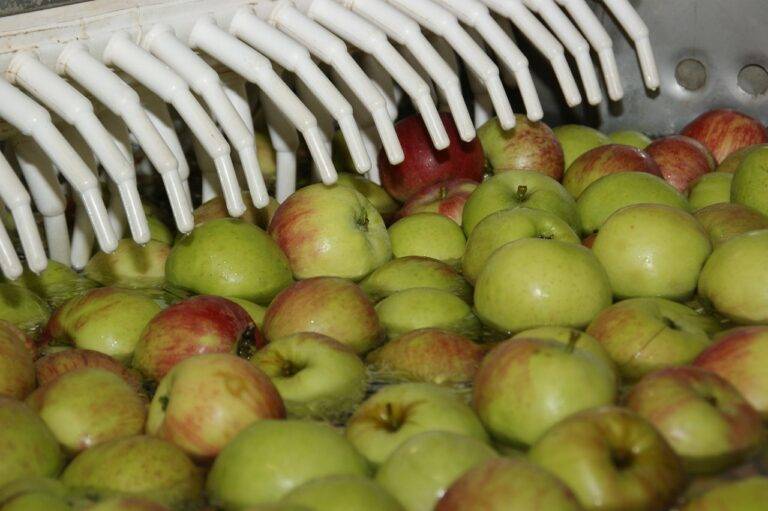Carbon Footprint of Food: Understanding Environmental Impact
Food production is a vital aspect of our daily lives, providing us with nourishment and sustenance. However, the environmental impact of food production is substantial, contributing to deforestation, habitat destruction, water and air pollution, and greenhouse gas emissions. The massive land use for agriculture leads to the loss of valuable forests and wildlife habitats, disrupting ecosystems and biodiversity.
In addition, intensive farming practices often involve the use of chemical fertilizers and pesticides, which can contaminate water sources and soil, causing long-term damage to the environment. Livestock farming, especially cattle production, is a significant contributor to greenhouse gas emissions, mainly through methane released during digestion and manure management. These environmental consequences highlight the need for promoting sustainable agriculture practices to mitigate the negative impact of food production on our planet.
The Importance of Sustainable Agriculture
Sustainable agriculture plays a crucial role in ensuring the long-term health of our planet and food systems. By utilizing practices that minimize the use of harmful chemicals and resources, sustainable agriculture promotes biodiversity and soil fertility, ultimately leading to healthier crops and ecosystems. This approach also helps in reducing water pollution and conserving natural habitats, preserving the delicate balance of our environment for future generations.
Moreover, sustainable agriculture considers the social and economic impacts of food production, aiming to support local communities and ensure fair labor practices. By prioritizing the well-being of farmers and workers, sustainable agriculture contributes to the development of resilient and equitable food systems. Additionally, by promoting mindful consumption and waste reduction, sustainable agriculture fosters a more sustainable food supply chain that benefits both people and the planet.
Factors Contributing to Carbon Emissions in Food Production
One of the key contributors to carbon emissions in food production is the transportation of goods. The extensive reliance on fossil fuel-powered vehicles to transport food from farms to markets results in significant carbon output. This process involves the burning of gasoline or diesel fuel, releasing greenhouse gases such as carbon dioxide into the atmosphere.
Additionally, the use of synthetic fertilizers in agriculture plays a considerable role in carbon emissions. The manufacturing and application of these fertilizers require substantial energy input, often derived from fossil fuels. Furthermore, the breakdown of these chemical fertilizers in the soil releases nitrous oxide, a potent greenhouse gas that contributes to global warming.
• The transportation of goods from farms to markets relies heavily on fossil fuel-powered vehicles
• Burning gasoline or diesel fuel releases carbon dioxide into the atmosphere
• Synthetic fertilizers used in agriculture require substantial energy input, often derived from fossil fuels
• The breakdown of chemical fertilizers in the soil releases nitrous oxide, a potent greenhouse gas
What is the environmental impact of food production?
Food production has a significant impact on the environment due to factors such as deforestation, water usage, and greenhouse gas emissions.
Why is sustainable agriculture important?
Sustainable agriculture aims to minimize the negative impact of food production on the environment while ensuring the long-term viability of food production systems.
What are some factors contributing to carbon emissions in food production?
Factors contributing to carbon emissions in food production include transportation of food products, use of fossil fuels in farming equipment, and deforestation for agricultural expansion.







